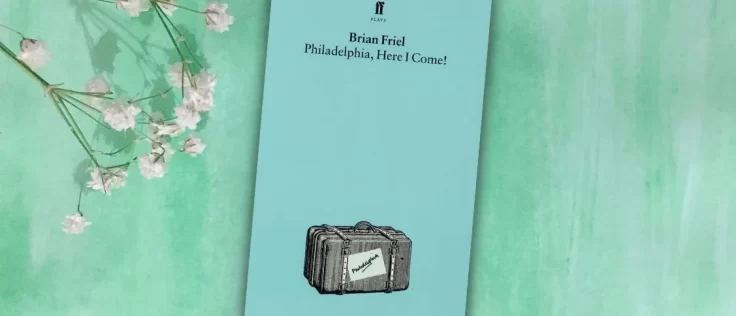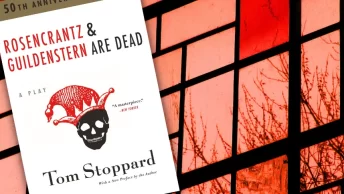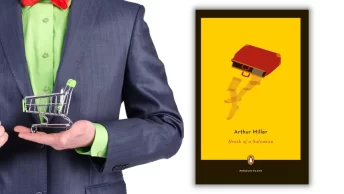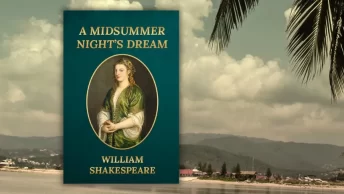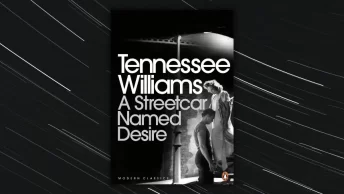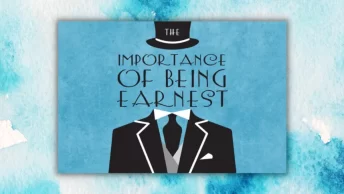“Philadelphia, Here I Come!” PDF is a play written by Irish playwright Brian Friel. It was first performed in 1964 and published by Faber and Faber in the same year. The play is set in the fictional town of Ballybeg, County Donegal, Ireland, and explores themes such as emigration, family relationships, and the tension between individual aspirations and community expectations.
“Philadelphia, Here I Come!” has been widely acclaimed for its powerful and poignant exploration of themes that are relevant to people of all ages and cultures. It has been praised for its masterful use of language, wit, and humor, as well as its vivid and realistic portrayal of Irish life. The play has been staged numerous times around the world and has been translated into many languages.
In terms of reviews, “Philadelphia, Here I Come!” has received critical acclaim from both audiences and critics alike. The play has been described as “a masterpiece of modern drama” and “a powerful meditation on emigration and identity.” It has won numerous awards, including the New York Drama Critics’ Circle Award for Best Foreign Play and the Evening Standard Award for Best Play.
For those interested in reading the play, “Philadelphia, Here I Come!” is available in a variety of formats, including paperback, hardcover, pdf, and ebook. It can be purchased from many online retailers and bookstores. Overall, the play is a must-read for anyone interested in Irish literature, drama, or the human condition.
Table of Contents
About the Author
Brian Friel (1929-2015) was an Irish playwright, short story writer, and founder of the Field Day Theatre Company. He was born in Omagh, Northern Ireland, and grew up in Derry, which would later serve as the setting for many of his plays.
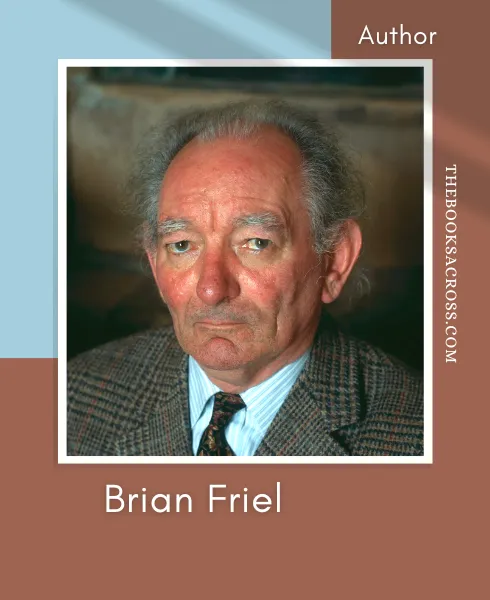
Friel studied at St. Columb’s College and later at St. Patrick’s College, Maynooth. He worked as a teacher briefly before dedicating himself to writing full-time. His first play, “A Doubtful Paradise,” was produced in Dublin in 1959, but it was his second play, “Philadelphia, Here I Come!” (1964) that brought him international acclaim.
Friel went on to write numerous plays, including “The Loves of Cass McGuire” (1966), “Lovers” (1967), “Translations” (1980), and “Dancing at Lughnasa” (1990), which won the Tony Award for Best Play. He was known for his powerful use of language, his keen insights into the human condition, and his ability to blend the personal and the political in his works.
In addition to his plays, Friel wrote short stories, novels, and screenplays. He was a member of the Irish Academy of Letters, and the American Academy of Arts and Letters, and was awarded the British Laurence Olivier Award and the Lifetime Achievement Award from the Irish Times. He died in 2015 at the age of 86.
Details of Philadelphia, Here I Come! Book
| Book | Philadelphia, Here I Come! |
| Author | Brian Friel |
| Original language | English |
| Originally published | 1964 |
| Category | Play |
| Publisher | Faber Faber |
| Total Pages | 110 |
| Format | PDF, ePub |
Philadelphia, Here I Come! PDF Free Download
Click on the button below to get a pdf file of Philadelphia, Here I Come! book.
Multiple Languages Editions of Philadelphia, Here I Come! Book
Philadelphia, Here I Come! by Brian Friel is available on Amazon in various formats such as paperback, hardcover, and Kindle. It has been translated into many languages, including Spanish, French, German, and Italian.
| Book Editions | Check Now |
|---|---|
| English | Check Price |
Philadelphia, Here I Come! Summary
The story takes place in a small town in Ireland called Ballybeg. It revolves around a young man named Gar O’Donnell who is preparing to leave his hometown to start a new life in Philadelphia.
As the play begins, Gar is packing his bags and getting ready to leave. His father, S.B. O’Donnell, tries to talk him out of leaving, but Gar is determined to go. Gar is conflicted about leaving his family and friends behind, and he has mixed feelings about his decision.
Throughout the play, Gar talks to his public self, Gar Public, who represents the image of himself that he shows to the outside world. Gar Public is confident and outgoing, but Gar’s private self reveals his true feelings of fear, doubt, and uncertainty.
Gar spends time with his friends and family, saying his goodbyes and trying to come to terms with his decision to leave. He visits his former employer, Master Boyle, who offers him a job stay in Ballybeg, but Gar turns him down. Gar also visits his former girlfriend, Kate, but their reunion is awkward and strained.
As the play progresses, Gar’s private self becomes more and more prominent. He realizes that leaving Ballybeg means leaving a part of himself behind, and he is not sure if he is ready to do that. In the end, Gar boards the bus to Dublin, where he will catch his flight to Philadelphia. As he leaves, he says a final goodbye to his father, who wishes him well.
“Philadelphia, Here I Come!” is a poignant and powerful play that explores themes of emigration, family relationships, and the tension between individual aspirations and community expectations. It is a must-read for anyone interested in Irish literature, drama, or the human condition.
Similar Books to Philadelphia, Here I Come! Book
- The Plough and the Stars by Sean O’Casey
- Juno and the Paycock by Sean O’Casey
- The Importance of Being Earnest by Oscar Wilde
- Waiting for Godot by Samuel Beckett
- Death of a Salesman by Arthur Miller
- Long Day’s Journey Into Night by Eugene O’Neill
- Cat on a Hot Tin Roof by Tennessee Williams
- A Streetcar Named Desire by Tennessee Williams
FAQs(Frequently Asked Questions)
What is the story of Philadelphia Here I Come?
“Philadelphia, Here I Come!” tells the story of Gareth “Gar” O’Donnell, a young man from Ballybeg, Ireland, who is preparing to emigrate to Philadelphia.
What type of play is Philadelphia Here I Come?
“Philadelphia, Here I Come!” is a dramatic play that combines elements of comedy and tragedy.
Who are the main characters in Philadelphia Here I Come?
The main characters in “Philadelphia, Here I Come!” include Gareth “Gar” O’Donnell, Madge Mulheren, Kate Doogan, Senator Doogan, S.B. O’Donnell, and Master Boyle.
What is the setting of the play Philadelphia Here I Come?
The play is set in the fictional town of Ballybeg, Ireland, in the 1960s, with some scenes taking place in Gar’s imagination as he envisions his life in Philadelphia.

